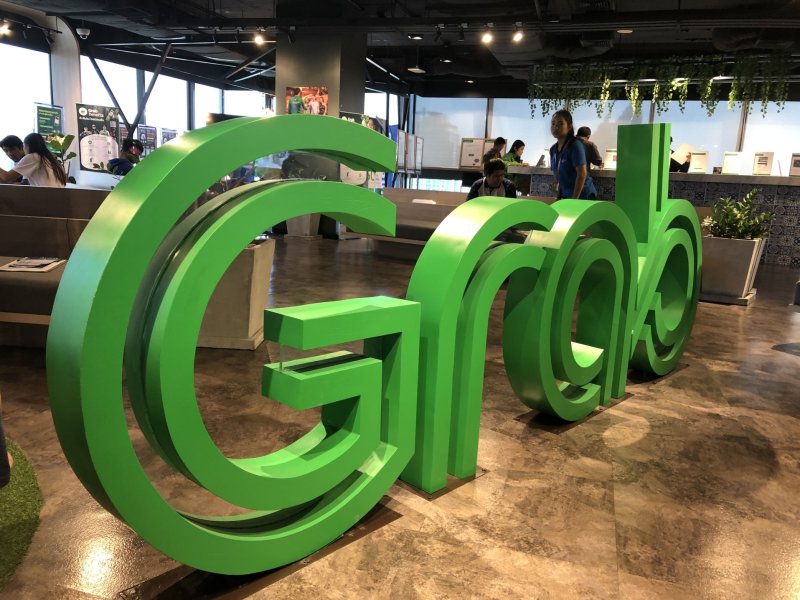The ride-hailing preeminent company Grab Holdings Inc., in Southeast Asia, said it will cut 360 workers, or just under 5% of its aggregate, as it decreases cost to manage an economic downturn and moderate recuperation from corona virus pandemic.
Anthony Tan, CEO said the virus has broadly affected businesses and the economy, and it is finding ways to adapt with the challenges. Despite of the job cuts, the Singapore-based company intends to wipe out non-core projects, consolidate functions and reallocate staff to more up to date activities, similar to delivery.
Tan said in a blog entry that, it has become evident that the pandemic will probably bring an extended recession and we need to get ready for what might be a long recuperation period. In the course of recent months, we explored all costs, cut back on optional spending, and implemented pay cuts for senior management. Despite this, we acknowledged that we still have to become more slender as organisation so as to handle the difficulties of the post-pandemic economy.
The cuts are the most recent indication of difficulties among the portfolio companies of SoftBank Group Corp. Founder Masayoshi Son maybe had been the most energetic supporter of ride-hailing company, investing about $3 billion in Grab and billions more in Uber Technologies Inc. also, China’s Didi Chuxing.
Grab had become the most important startup in Southeast Asia as it extended past ride-hailing into food delivery and different services. SoftBank booked benefits as the valuations for such new companies surged.
But need for, ride-hailing services crumbled for this present year as nations around the globe went into lock down. Soft Bank revealed a record working loss of 1.36 trillion yen ($12.7 billion) for the most recent fiscal year as it recorded the estimation of Uber and WeWork.
Grab CEO adds, Virus Is ‘Biggest Crisis’ in Company’s History
Tan enlightened employees concerning the cutbacks at a virtual townhall Tuesday morning, after at first requesting that employees to go on willful no-pay leave to stay away from such cuts. It isn’t intending to close any offices, as indicated by a representative.
In April, Tan said that Covid-19 introduced the “single greatest crisis” Grab had faced in the eight years since its establishing. He cautioned at the time that the startup would need to settle on “tough decisions” about reducing expenses and overseeing capital. The company had in excess of 7,000 employees before the cutbacks.
As ride-hailing request declined in Southeast Asia, Grab has attempted to replace a portion of that lost business with food delivery, which is encountering a surge as individuals remain at home. In the month of February, Grab raised more than $850 million to finance its drive into money related services in the region.
In the post of Tan, he adds to the employees that, an information would be sent through an email by 1 PM. Singapore’s time on Tuesday if they are a part of the cuts. He will likewise informed detailed severance packages, equity vesting and insurance coverage.
I guarantee you that this will be the last organization wide cutback this year and I am certain as we execute against our invigorated plans to meet our objectives, we won’t need to experience this difficult exercise again in the predictable he says.
SoftBank’s Bet to share an Economy Backfires With Coronavirus
In spite of the fact that SoftBank has been a liberal supporter of Grab for quite a long time, the Japanese organization has indicated it should pull back. A year ago after WeWork’s fabulous implosion, Son consented to rescue the company with increasingly capital – yet he promised he wouldn’t protect some other disturbed new businesses. To an extent to console his own investors, frightened about the steadiness of the SoftBank empire, he asked founders to get control over abundances and focus on the bottom line.
In his blog entry, Tan recommended that Son SoftBank has still remain behind Grab.
Our board and leaders keep on being bullish on our business outlook, he wrote. “We will concentrate on adjusting our core verticals, for example, ride-hailing, payments and financial, deliveries services to direct the difficulties and chances of the new normal.
